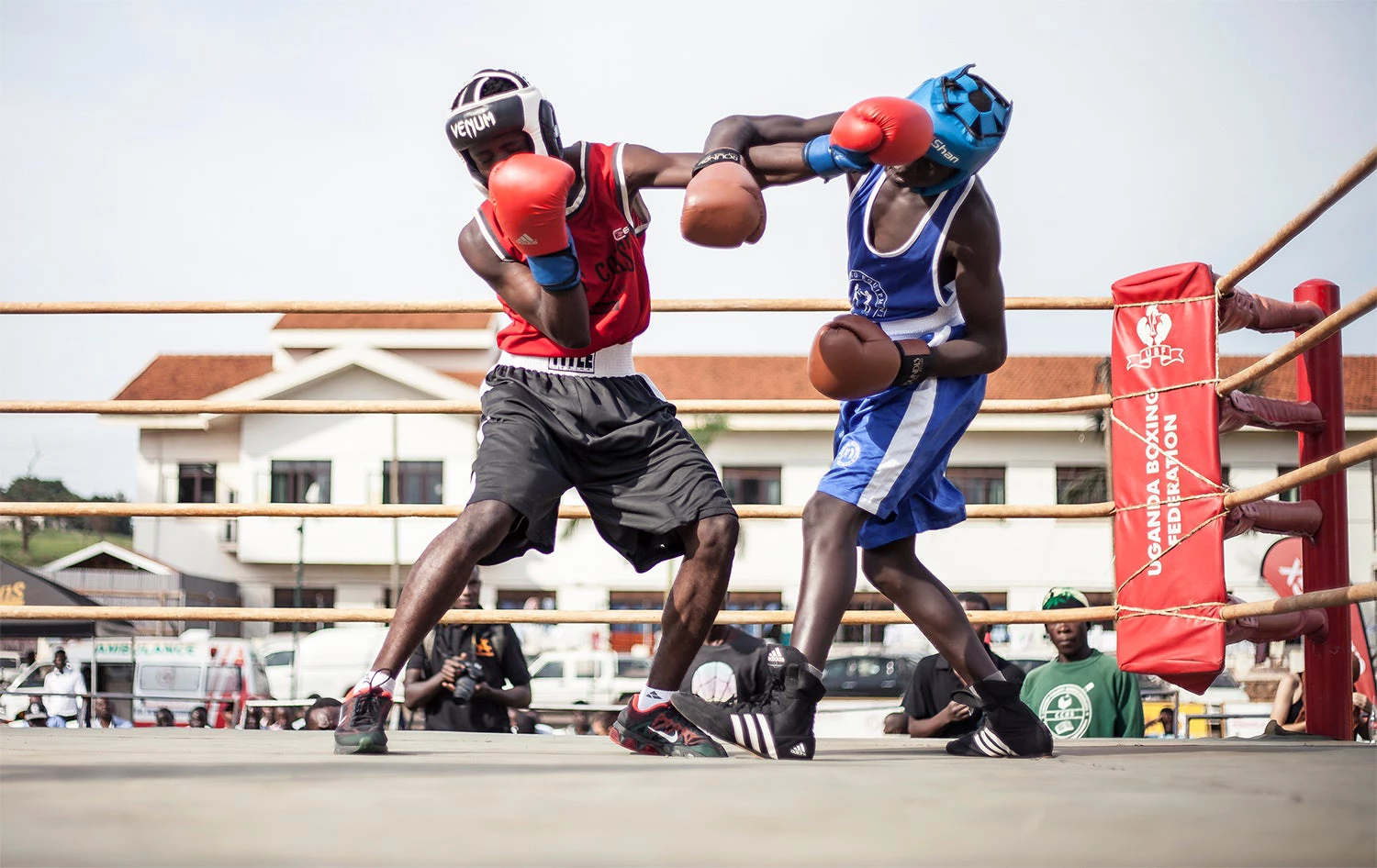
· On the India Forum, Maitreesh Ghatak and Rishabh Kumar do a deep-dive into poverty in India over the past decade – including what might be responsible for a drop in poverty, the role of government policy, and the challenges of knowing given data limitations.
· On Project Syndicate, Dani Rodrik notes how manufacturing is a small and declining share of employment in many countries, and so the quest for good job generation needs to come through services – which has implications for the fixation of politicians and industrial policy on manufacturing.
· Tim Taylor excerpts from an interview with Ulrike Malmendier on how our experiences have outsized impact on economic behavior: “One area where I do expect big experience effects from recent years is living through the COVID-19 crisis and many of us being relegated to working from home. I do expect there to be a lasting change in how we view the value of social interaction, the value of working from home versus working at your workplace. The leadership here at the Haas School of Business, where I am right now, is encountering exactly this issue. They wonder why the same people who were happily coming in five days a week before COVID absolutely refuse to do so now. It’s clearly an experience that has changed people. … personally experiencing what remote work and cutting out your commute means for your personal life makes an enormous difference. You have to experience it first, not because of lack of information, not because you cannot add and subtract hours spent in the car versus not, but because it just enters your decision-making differently if you have physically experienced it.”
· On the IDInsight blog, how they changed their recruitment process to get more female enumerators in India – “We found that the only stage at which female candidates score lower than their male counterparts is one that accounts for their access to assets and prior work and educational opportunities. These included access to a bank account, motorbike, driving license, post-graduate degree, and work experience. In interviews, training sessions, and field pilots, women perform at least as well as men. Relaxing these criteria has helped make our hiring process more inclusive and our teams more representative.”
· Two grant opportunities from BRAC University (funded by Gates), with multiple categories of funding (large grants, small grants, extensions, qualitative studies, etc.)
o “WEE-DiFine”, a research initiative that “seeks to generate a comprehensive body of evidence that addresses the impact of digital financial services (DFS) on women’s economic empowerment and the causal mechanisms between the two by funding rigorous research across South Asia, Sub-Saharan Africa, and Southeast Asia.” The deadline for proposals is May 14th.
o “Wee-Connect”, a new research initiative focused on studying how digital connectivity promotes women’s economic empowerment by providing access to information, economic opportunities, financial services, and flexible work options. This includes expanding device ownership and digital skills, and better understanding the mechanisms through which digital connectivity interventions can advance women’s economic opportunities (in South Asia, Sub-Saharan Africa, and Southeast Asia). The deadline for proposals is April 30th.


Join the Conversation